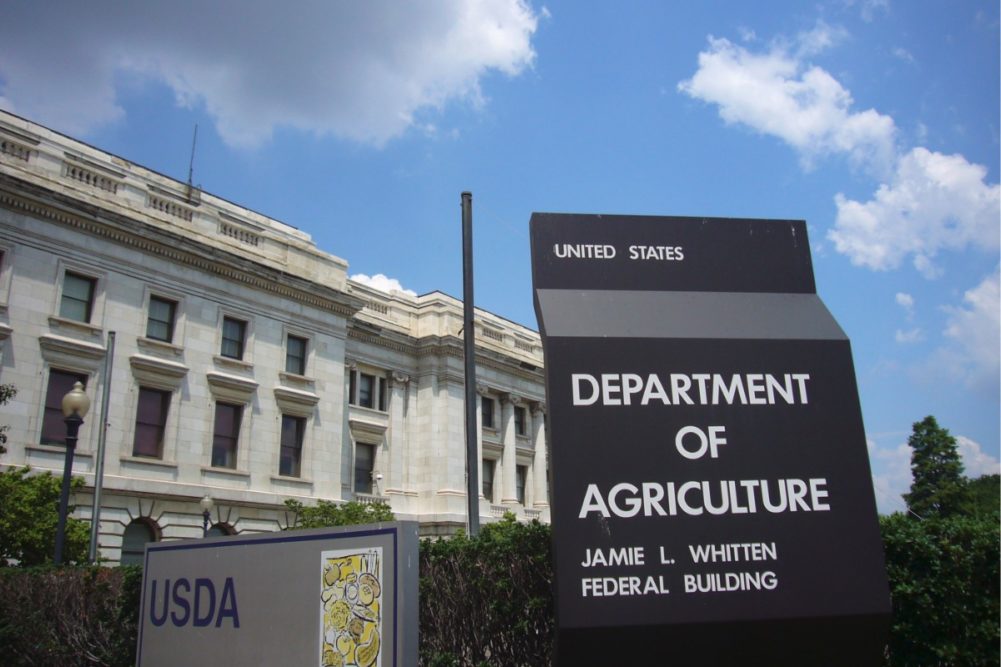WASHINGTON – The US Department of Agriculture’s Agricultural Marketing Service (AMS) issued a report following its investigation into beef price margins. Agriculture Secretary Sonny Perdue directed the AMS to conduct an investigation to look for evidence of fraud in the wake of the fire at Tyson Food Inc.’s Holcomb, Kan., beef processing plant in 2019. In addition, USDA requested a further investigation into beef market disruptions caused by the COVID-19 pandemic. The report said, the purpose of the investigation was to examine “whether any regulated entities violated the Packers and Stockyards Act by taking advantage of the situation through price manipulation, collusion, restrictions of competition, or other unfair practices.”
The report found no infringement by industry stakeholders related to either event.
“In its analysis of the effects of the fire and the pandemic, USDA found no wrongdoing and confirms the disruption in the beef markets was due to devastating and unprecedented events,” said Julie Anna Potts, president and chief executive officer of North American Meat Institute (NAMI). “It is difficult to see how the USDA’s recommended legislative proposals would have changed the outcome of the fire or the pandemic.
“We will continue discussions with producer groups, Congress, and the Administration to ensure there is a fair and competitive market. It is especially critical in these uncertain times for producers and packers to work together.”
In August 2019, USDA announced its intent to investigate the economic impact caused by the loss of processing capacity after the Tyson fire. Tyson closed the Holcomb plant indefinitely following the Aug. 9 fire that started in the box shop of the facility. The fire damaged conduit and piping systems, harvest floor equipment, and electrical and hydraulic systems.
The Holcomb plant closure caused significant disruptions to the cattle industry. The plant processed 6,000 head of cattle per day representing 6% of total US processing capacity.
In April of this year, USDA expanded the scope of the investigation to include the impact the COVID-19 pandemic has had on industry-wide plant slowdowns.
“In both instances, the temporary loss of processing capacity interrupted the demand for cattle, causing cash market fed cattle prices to fall and reducing the supply of beef causing wholesale beef prices to rise,” NAMI said. “Although weekly cattle slaughter and beef production has recovered to near normal levels for this time of year, after dropping by more than a third in in late April, the large number of unharvested cattle and continued consumer demand for beef remain factors in the market.”


